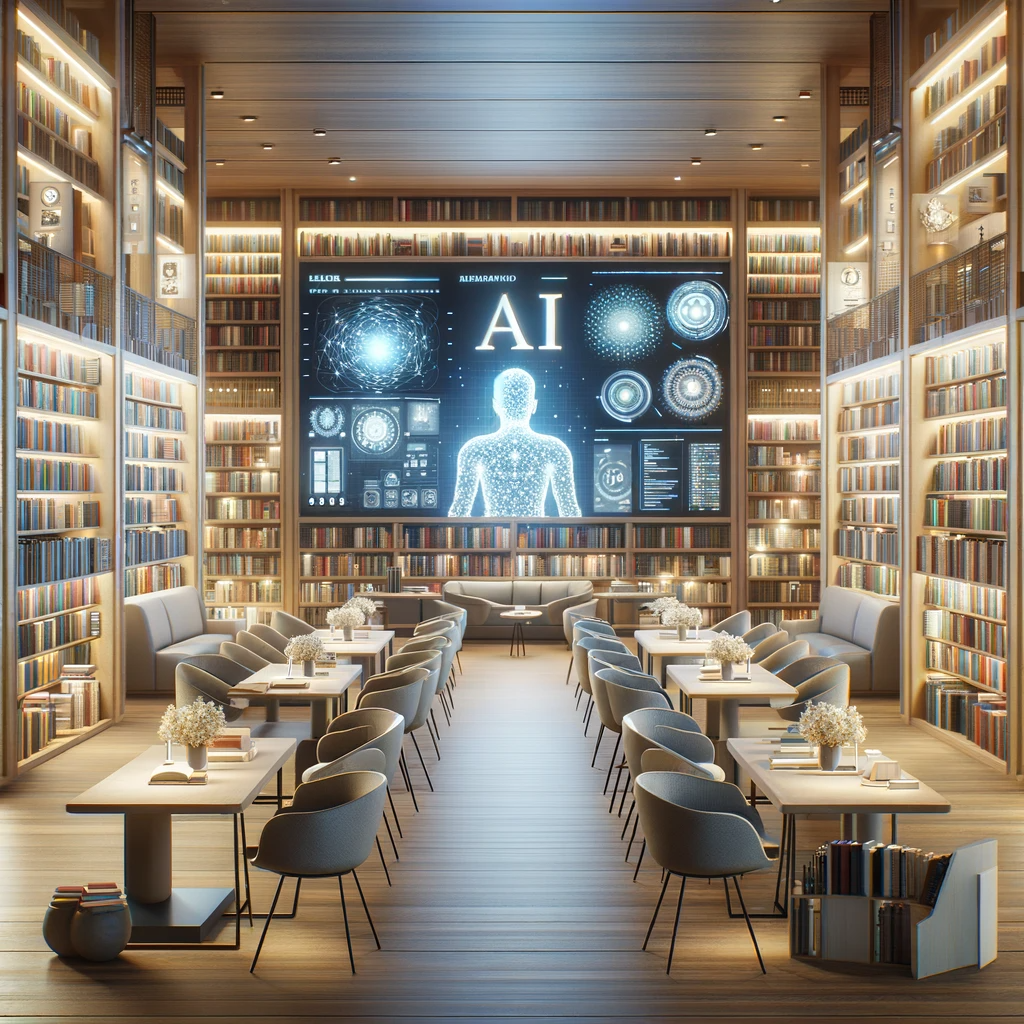Exploring Tomorrow’s Tales: The Future of AI in Literature
AI’s Growing Role in Storytelling
As we venture further into the 21st century, the realm of literature is poised for an exciting evolution, thanks to AI. The integration of AI in literature is not just a fleeting trend but a burgeoning field that promises to reshape how stories are told and experienced. From AI-assisted writing to algorithm-driven narrative analysis, the future of AI in literature is ripe with potential.
AI’s ability to process and analyze vast amounts of data is a boon for writers and publishers. It enables the identification of popular themes, character archetypes, and plot structures that resonate with audiences. This data-driven approach can guide authors in creating content that aligns with current trends and reader preferences, potentially increasing their work’s success.

The Emergence of AI-Generated Content
A significant aspect of AI’s impact on literature is the creation of AI-generated content. Advanced algorithms are now capable of producing coherent and engaging narratives, raising questions about the role of human creativity in the future of storytelling. While some fear that AI might replace human authors, it’s more likely that AI will become a tool for augmenting human creativity, offering new ways to explore narrative possibilities.
AI-generated content also opens doors for more interactive and personalized reading experiences. Imagine reading a book that adapts its storyline based on your preferences or emotional responses, making each reading experience unique.
Challenges and Ethical Considerations
Despite the exciting prospects, the integration of AI in literature is not without challenges. Ethical considerations are always prevalent (and usually a dedicated section in most Book Nook posts) as authorship, originality, and the potential misuse of AI in plagiarizing or generating harmful content need to be consistently addressed. As AI becomes more prevalent in literature, the industry must establish guidelines to ensure that AI is used responsibly and ethically.
Furthermore, there’s a need to balance AI’s role in literature with the preservation of human touch in storytelling. The unique perspectives, experiences, and emotional depths that human authors bring to their work are irreplaceable. AI, therefore, should be viewed as a collaborator rather than a replacement.
The future of AI in literature is an intriguing blend of technological advancement and creative exploration. As we navigate this new era, it’s essential to embrace the possibilities AI brings while staying mindful of the challenges and ethical implications. The symbiosis of human creativity and AI could lead to a new golden age of literature, marked by innovation, inclusivity, and unparalleled storytelling.
